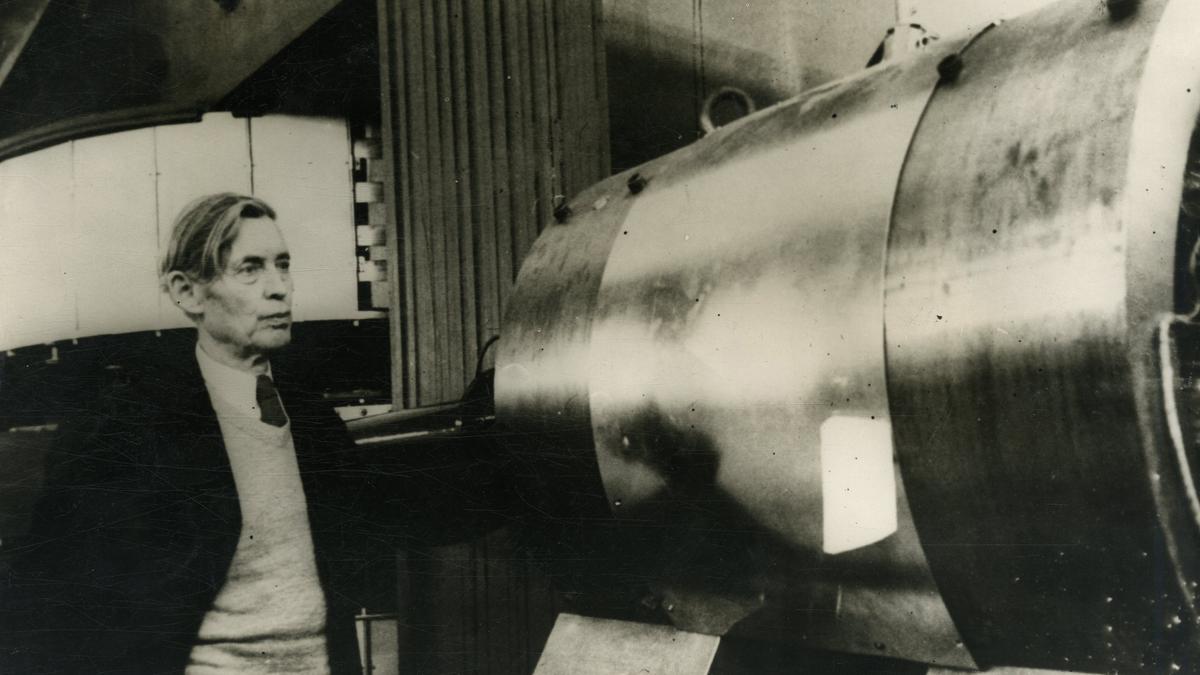In the United Kingdom, archaeologists have found 41 human skeletons, mostly of women, from around 500 to 600 AD. These remains, found in south Wales, give a rare look into the Early Medieval period, which is not well recorded in history.
Experts say the women likely had hard lives working in farming. Each person was buried in a separate grave at the site.
“Their daily life appears to have been quite hard. They weren’t a very healthy bunch of individuals, but they were caring for each other,” Andy Seaman of Cardiff University told CNN.
According to Seaman, researchers have found evidence of degenerative joint diseases like arthritis. They have also found healed fractures and broken bones.
Female skeletons showed signs of past injuries like broken legs and even a neck, likely from farming accidents, per Seaman. Though the site was near the sea, there’s no proof they ate fish.
People likely lived nearby and even ate in the cemetery. Some buried there were high-status and had links with people from mainland Europe.
Archaeologists found fine glass cups from France, suggesting high-status items at the site. However, Seaman said the people buried there were in poor health.
Economic inequality
He explained that, during that time, the gap between rich and poor was small, and most people worked in farming. Just because luxury items were found doesn’t mean all buried individuals were wealthy.
“It’s high status activity happening within the cemetery, that doesn’t need to mean that every individual is necessarily a high status person,” CNN quoted Seaman as saying.
“The contrast between the high-status material and the poor health of the individuals is not too surprising. This was a period in which the difference between the rich and the poor wasn’t very great, and it seems like everybody was involved to a greater or lesser extent in agriculture,” he added.
The team now plans to study if people and goods moved between Wales and southwestern France. They also want to dig up the rest of the site.





